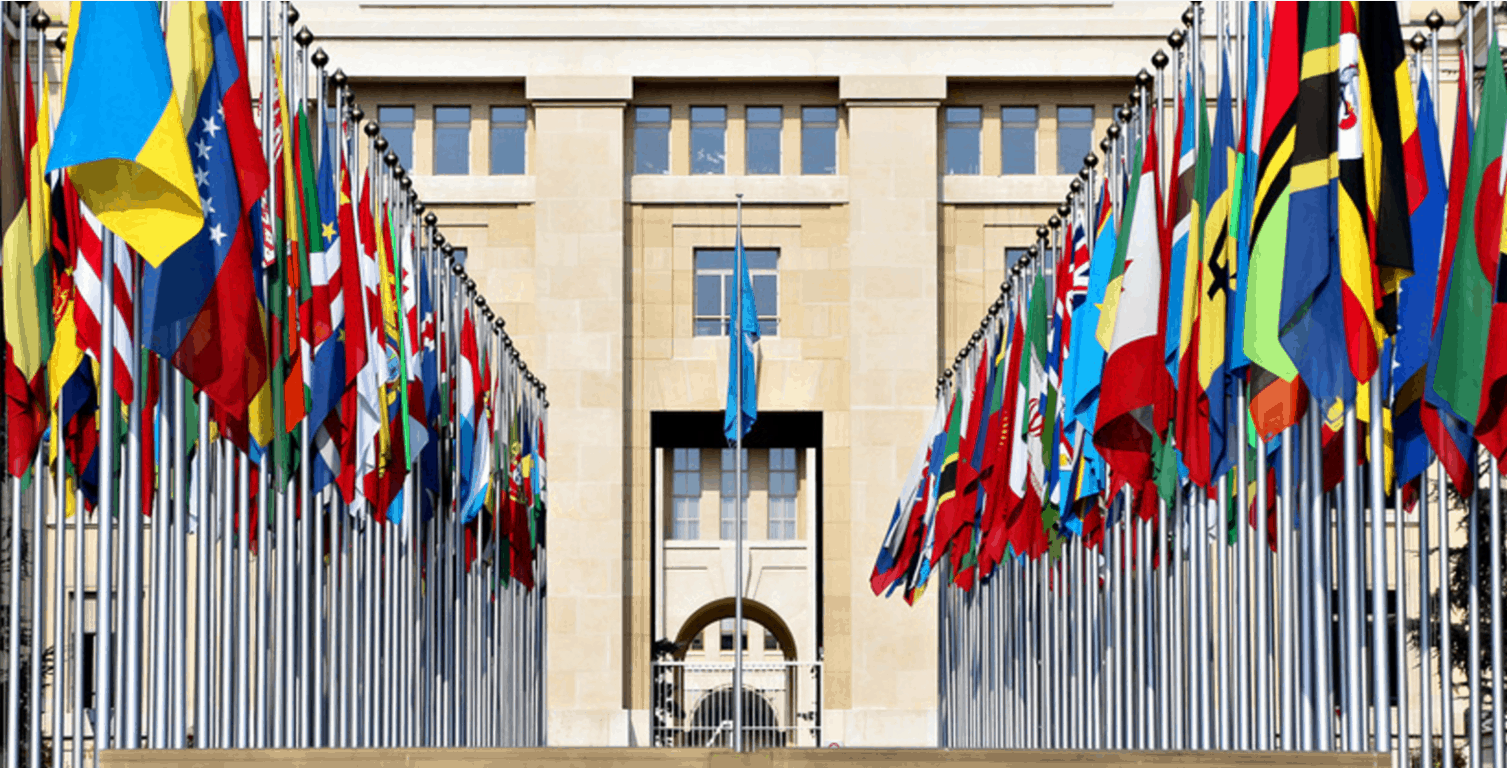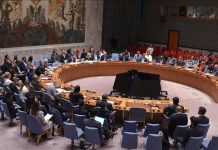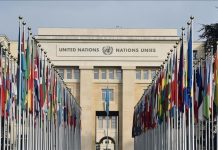Written by
Faridah N Kulumba
Africa-Press – Kenya. The President of Kenya Uhuru Kenyatta, this week rejected a ruling by the United Nations (UN) top court which allows Somalia to take control of a potentially oil and gas-rich chunk of the Indian Ocean.
The two nations are engaged in a long-running maritime territorial feud across the Indian ocean believed to hold valuable oil and gas reserves and the dispute has been at the International Court of Justice (ICJ) for years.
The court ruling on Tuesday, comes after a dispute between Kenya and Somalia over the issue, Africanews reported.
History
Since independence the East African neighbours who share a 682-kilometre border have had bumpy relations. Both sides have been embroiled in border disputes, petty skirmishes and in some cases bloody massacres.
In 2014 after a year of efforts to resolve the dispute over the 38,000 sq mile (100,000 sq km) tract failed, Somalia dragged Kenya to the ICJ.
For the past four decades, Kenya has said its maritime border runs in a line due east from where the two countries meet at the coast. But Somalia argued in court that the sea frontier in the Indian Ocean should follow on in the same direction as their land border.
ICJ ruled in Somalia’s favour
The ICJ 14 judges unanimously ruled that there was no agreed maritime boundary in force and drew a new border close to the one claimed by Somalia, and Kenya kept a part of the area, Judge Joan Donoghue said.
Why Kenya rejected ICJ jurisdiction.
Kenyan President Uhuru refused to recognise the ICJ’s jurisdiction saying that the ruling would strain the rations between the two countries. Kenya is also concerned by the import of the decision and its implications for the Horn of Africa region, and international law generally.
Kenyan citizens also supported their president by rejecting the ruling, and vowed to defend their government, their territory and boundaries because if they allow Somalia an inch, they will take a mile.
Somalia hails ICJ ruling
In a televised speech following the ruling, Somalia’s Mohamed Abdullahi Mohamed, who is widely known as Farmajo, urged Kenya to see the decision of the court as an opportunity to strengthen the relationship of the two countries.
With Kenya refusing to recognise the “biased” court’s authority, all eyes will be on what Nairobi does next in one of the world’s most troubled regions.






